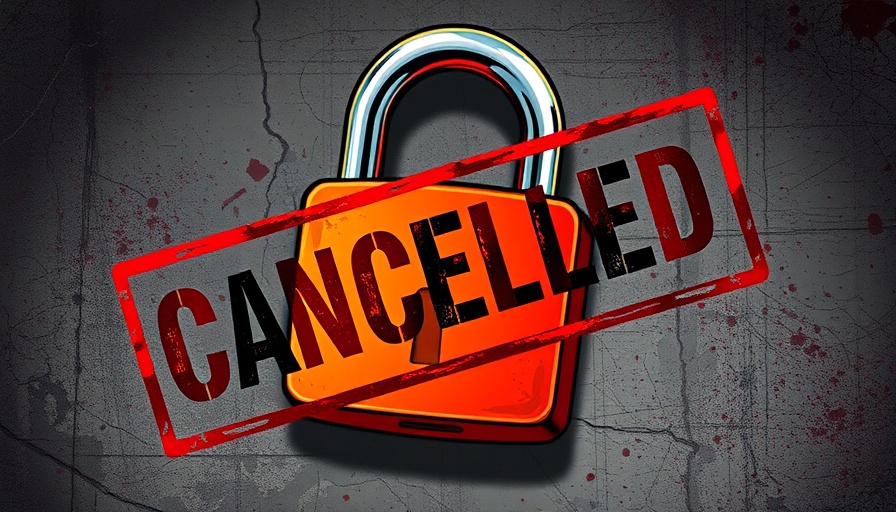
VPN Company Sparks Controversy After Cancelling Lifetime Subscriptions
The recent decision by VPNSecure, a virtual private network (VPN) provider, to cancel all lifetime subscriptions has sent shockwaves through its user base. Following an acquisition in 2023, the new owners claimed they were unaware of these subscriptions, leading to a surge of frustration among customers who believed they had made a long-term investment in their online privacy.
The Details Behind the Controversy
The uproar began when customers started reporting access issues in March 2025. By the end of April, users received an email from VPNSecure explaining that lifetime accounts would be deactivated due to the company’s new ownership model. The acquisition, described as an “asset-only deal,” meant that the new owners inherited technology and infrastructure, but not existing liabilities, including lifetime subscriptions.
In a follow-up communication, the company elaborated that they discovered the existence of these subscriptions significantly post-acquisition. They expressed their concerns of supporting accounts that generated little to no revenue, which left them struggling to support their operational costs. VPNSecure has since offered affected users discounted subscriptions as a consolation, but many remain unconvinced.
The Rise of Lifetime VPN Subscriptions: A Risky Business?
As VPN services grow in popularity, lifetime subscriptions have become an attractive option for consumers seeking lasting protection. However, this model presents inherent risks for both providers and customers. Companies must manage ongoing service costs while ensuring they can continue to serve clients, which may ultimately lead to changes like the ones seen at VPNSecure.
Consumer Backlash and Response: A Case Study
The cancellation of these subscriptions reflects broader issues of consumer trust in digital services. Many subscribers expressed outrage on social media platforms, highlighting how they had invested their money with the expectation of continued service. This incident serves as a reminder of the fragility of digital contracts and raises questions about consumer rights in the tech sphere.
Lessons Learned: What Can Customers Do?
In light of the VPNSecure situation, customers exploring VPN options should be vigilant. An essential step is researching the company's ownership and any changes in their business model. Understanding the terms and conditions surrounding subscriptions, especially concerning lifetime deals, is crucial to safeguarding one’s investment.
Additionally, users might consider diversifying their service choices to avoid dependency on a single provider, thereby reducing the risk of losing access to a critical privacy tool.
Future Predictions: The VPN Market Landscape
This situation may prompt regulatory scrutiny on lifetime subscriptions within the VPN market as consumer protection becomes a priority. Companies may need to rethink how they market these offerings and ensure transparency about the stability of services provided. The increase in regulation could reshape how VPNs structure their pricing models moving forward.
Ultimately, VPNSecure’s predicament invites ongoing dialogue about accountability and sustainability in the burgeoning tech industry. As technology evolves, so too must the agreements and protections offered to consumers to maintain their trust.
 Add Row
Add Row  Add
Add 




Write A Comment